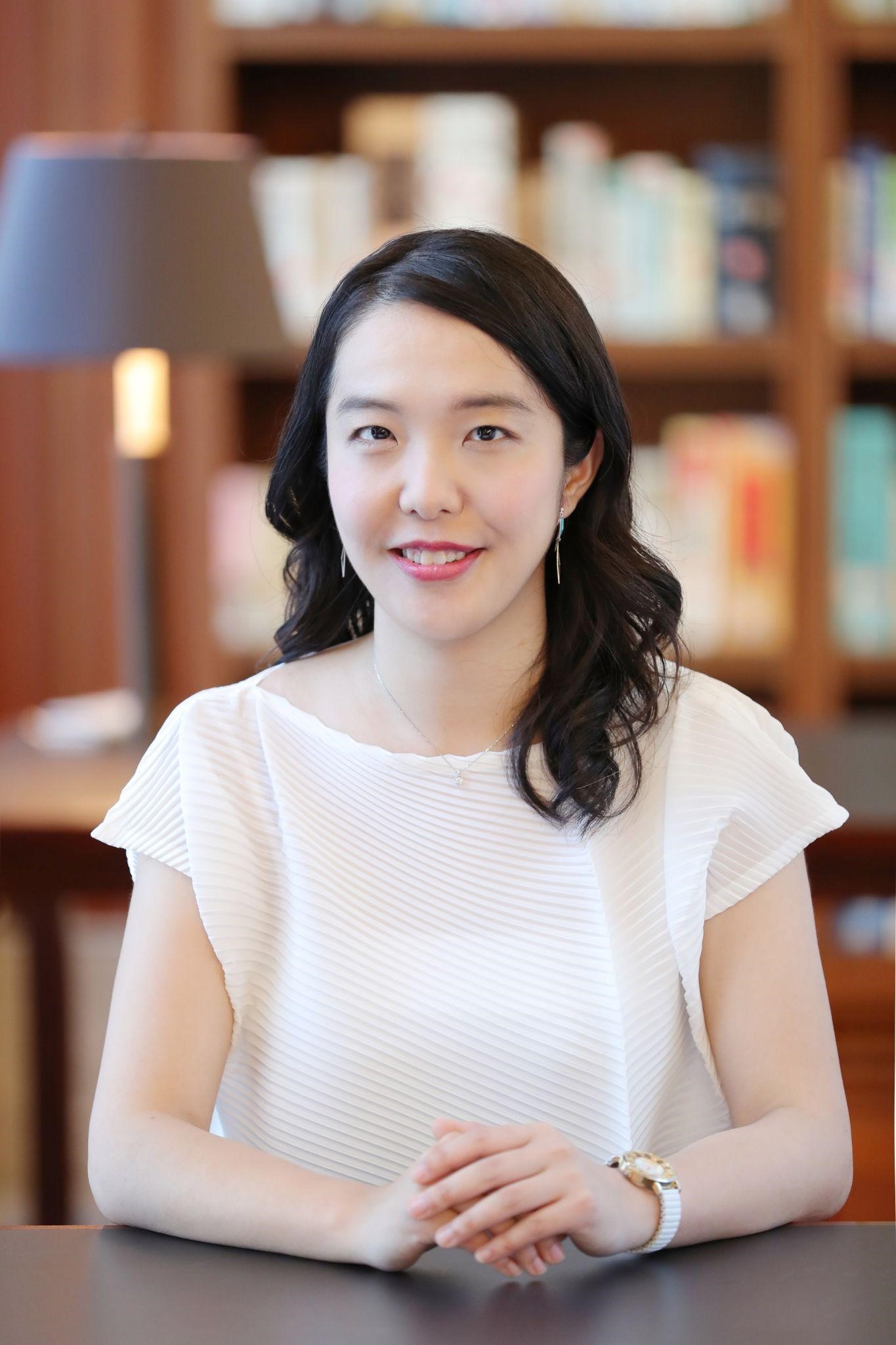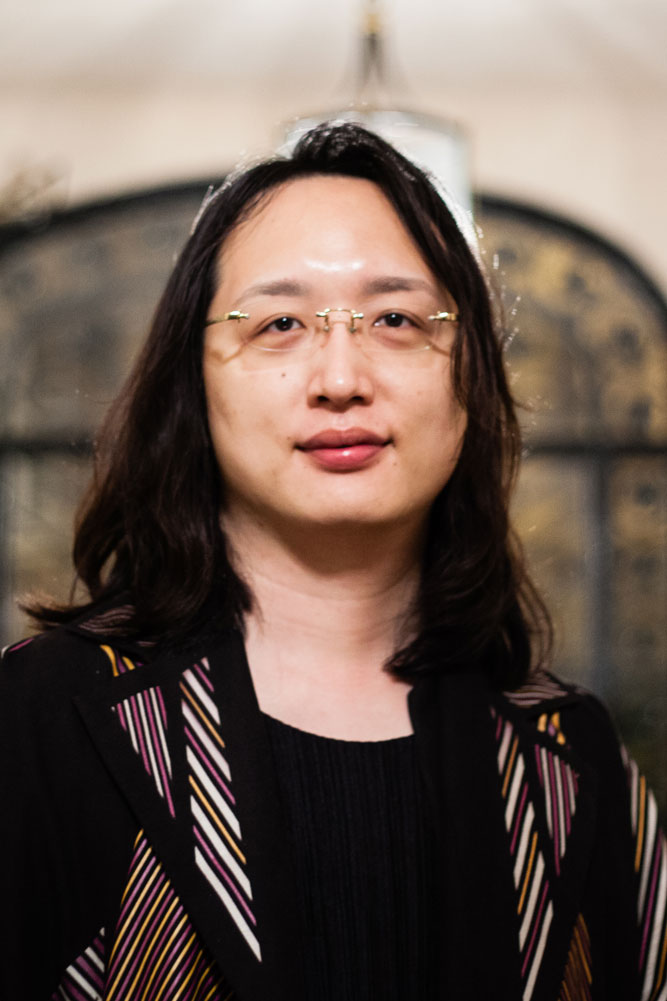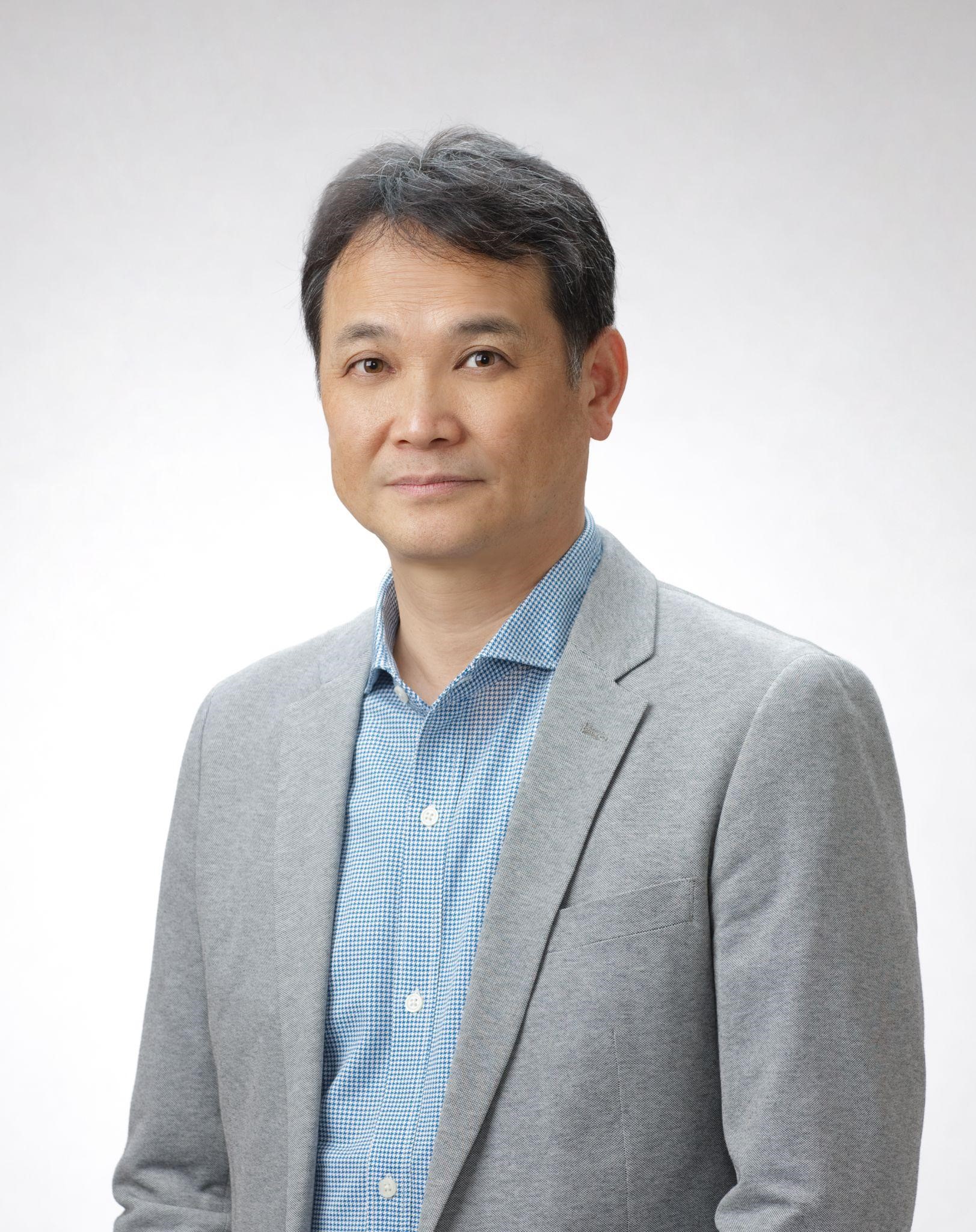Possibilities of CoCreative STEAM Ecosystem in the 21st century, to democratize by Sachiko Nakajima

Date and time : 21st Aug. 10:00-11:00 JST
Abstract
During the pandemic, we have been suffering from lots of anxiety and inconvenience due to lack of the "in-person meetings". However, ironically, that also brought out the huge possibilities of "remote live communications" over various boundaries of countries, places, ages and sectors.
At our company steAm, Inc., we have been constructing the co-creative network "(Future) Earth School", and connected various diversified points on the Earth. There, under the belief that "Everyone has the superb diversified creativity inside", we have been trying to share various "instruments" like computational media, physical computing, AI, XR, math x design, regional value creations ... and found that we could deliver the joy of creations and various computational skills over online conference systems, also with videos, worksheets, mentorings and ecosystem. Computational thinking, which can draw out your creativity together with physical senses and liberal arts, can be grown through ICT.
In this talk, I would introduce various cases at schools and what not. For example, people in Cambodia who had never learned any coding, got really passionate in creating the cultural digital arts through online sessions with Japan. Like this, I would like to present cases which show the dramatic potentials of growing computational thinking through ICT and co-creative network on the Earth. Also, I would talk about how to grow mentors on computational skills to construct the social STEAM ecosystem, and some of our experimental "future" live performance with coding. During the session, I also would like to get various real-time ideas and questions on these so that we ourselves can co-create the playful STEAM "scene" of today there.
Sachiko Nakajima - short bio
Born in Osaka, in 1979. Thematic Project Producer for World Expo, Osaka, Kansai, Japan 2025. Gold Medalist at
International Mathematical Olympiad (unique female in Japan as of now). While majoring in mathematics (number
theory) at University of Tokyo, she encountered with jazz and rock, and she started her music professional
career after graduation. Now, she is working actively on 3 main field: Music, Mathematics, and STEAM
Education. She has been designated as one of the STEM Girls Ambassadors in Japan by Japanese Cabinet Office
and a member of “Learning Innovation” Study Group by Ministry of Economy, Trade and Industries in Japan. She
also explored the intersection of art(s) and technology in NY, at ITP (Interactive Telecommunications
Program), Tisch School of the Arts, New York University. As for educational activities, she also develops and
provides SURIJOSHI (math-loving girls) workshops, Playful Coding/Playful Physical Computing/Playful AI, Sports
x STEAM, Agriculture x STEAM, STEAM PBL/Exploration Support, Music x Math performance, talks and articles all
over Japan (and in the world).
Creativity, Computing Power, and Children's Future in Civil Society of the 21st Century (tentative) by Taiwanese Digital Minister Audrey Tang

Date and time : 22nd Aug. 10:00-11:00 JST
Abstract
Keynote speaker Audrey Tang, Taiwan's Minister of Digital Affairs, has worked to promote access to digital services for citizens. She also has advocated for the open data and open government to create an environment that allows citizens to benefit more from free data use. In this keynote, she will address the following question: how can we contribute to the emergent linkage between creativity, computing power, and the future of children in the civil society of the 21st century? Her wisdom shown in this address is based on her vision as a critical person in Taiwan's digital development and her belief as a promoter of education to liberate children's creativity as its central principle. In addition, the findings of this keynote will necessarily be the essence for us to solve the key issue of WCCE 2022: "Toward a Collaborative Society through Creative Learning."
Audrey Tang - short bio:
Audrey Tang is a Taiwanese free software programmer and Digital Minister of Taiwan. As a free software programmer, she is a community leader of Perl and Haskell and actively contributes to g0v ("gov zero"). This community takes the initiative in creating tools for the citizens of Taiwan's civil society. She also served on Taiwan's National Development Council's Open data committee and K-12 curriculum committee and acted as a leader of Taiwan's first e-Rulemaking project. She has been described as one of the "ten greatest Taiwanese computing personalities."
Computing for All – Some thoughts on the What, Why and How by Professor Dr. Michael Kölling

Date and time : 23rd Aug. 14:00-15:30 JST (7:00-8:30 UTC+2)
Abstract
Mastery of skills of working with computers and knowledge of computing concepts have become an
essential part of a modern education. A well-educated learner, in a modern society, should have
foundational knowledge of the digital world, just as knowledge of foundations of the physical world
– taught in Physics and Chemistry classes – has been considered part of a well-rounded education for
many decades.
Most educators and education bodies agree on this goal; the details, however, are still unclear.
What exactly are the concepts that should be taught? How deep, how technical, does the education
need to be? How should we approach teaching these topics? What are the experiences that we should
create for our students? What tools should we use?
In this talk, I will present my thoughts on these questions and discuss some possible answers. We
should be prepared, however, for the possibility to end up with more questions than we started out
with.
Michael Kölling - short bio
Michael Kölling is the Vice Dean (Education) in the Faculty of Natural & Mathematical Sciences and a Professor
of Computer Science at King’s College London, UK. He holds a PhD in computer science from Sydney University,
and has worked in Australia, Denmark and the UK. Michael’s research interests are in the areas of
object-oriented systems, programming languages, software tools, computing education and HCI. He has published
numerous papers on object-orientation and computing education topics and is the author and co-author of two
Java programming textbooks. Michael is the lead developer of BlueJ and Greenfoot, two educational programming
environments. He is a UK National Teaching Fellow, Fellow of the UK Higher Education Academy, Oracle Java
Champion, and a Distinguished Educator of the ACM. In 2013, he received the ACM SIGCSE Award for Outstanding
Contribution to Computer Science Education. Michael is a founding member of 'Computing At School', a UK
organisation furthering computing teaching at school level.
Data and Evidence-Informed Education and Learning in Post Covid-19 by Hiroaki Ogata

Date and time : 24th Aug. 9:00-10:30 JST
Abstract
We all experienced and witnessed some big changes in education during Covid-19 since January 2020. This talk
will summarize what we learned from the emergency remote teaching during Covid-19 and what we should take out
from our experiences for the next new normal in a post Covid-19 Era. In Particular, I will explain how it is
very important to capture and analyze the teaching and learning process data, and to find and share the
evidences in the nation-wide for a Post Covid-19 Era. Also, it is crucial to foster the self-direction skills
of students by using their own learning data for the next new normal era.
Hiroaki Ogata - short bio:
Hiroaki Ogata is a Professor at the Academic Center for Computing and Media Studies, and the Graduate School
of Informatics, Kyoto University, Japan. His current research focuses on Educational Data Science and Learning
Analytics. He has published more than 500 peer-reviewed papers including SSCI Journals, international
conferences and book chapters. He received several Best Paper Awards and gave keynote lectures in several
countries. He is an editorial board member of IEEE TLT, IJCSCL, IJAIED, JLA, RPTEL, SLE, etc.